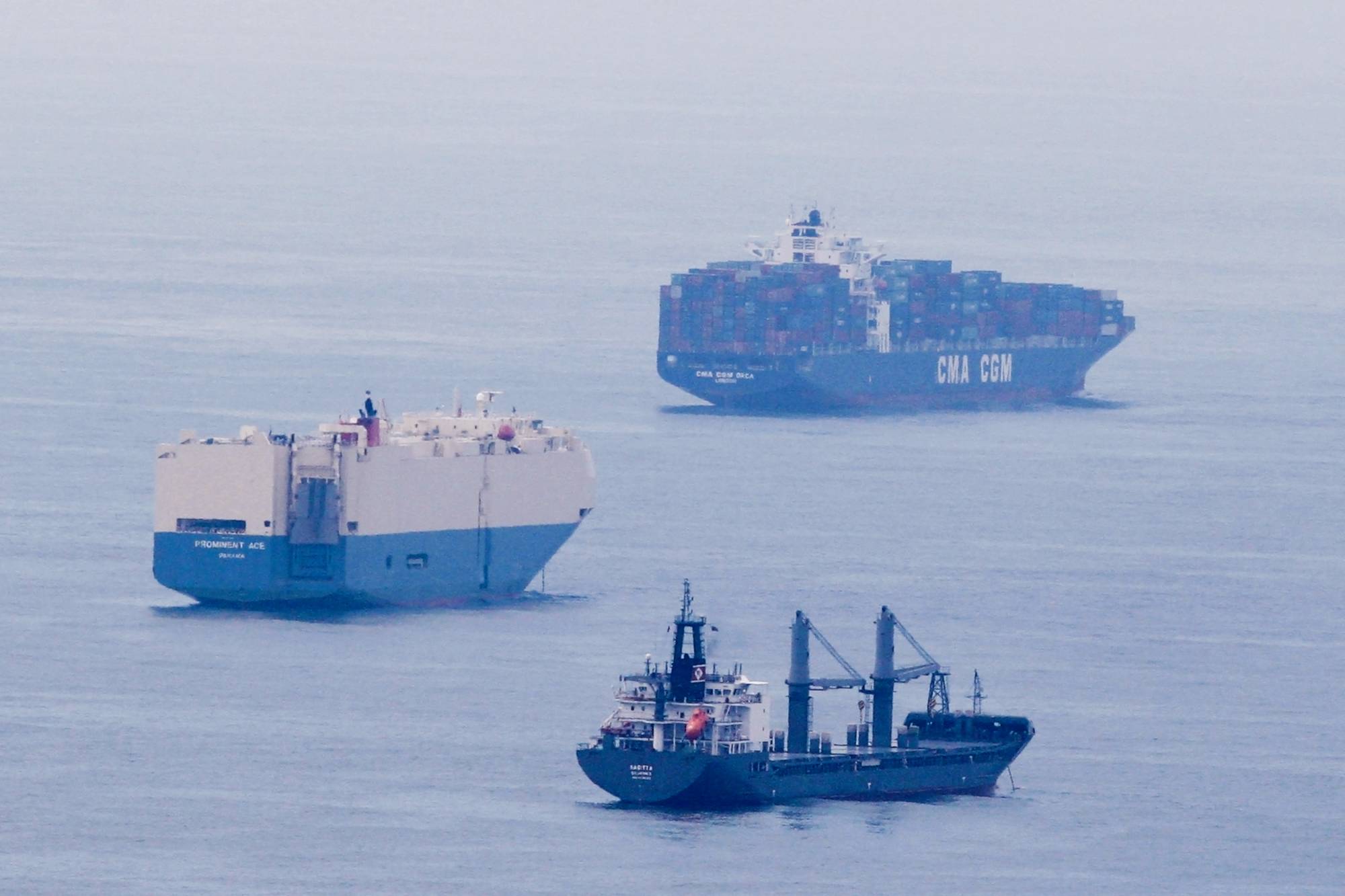Just over three decades ago, the Cold War ended and former Soviet-bloc countries began their transitions to market economies, which enabled them to engage with the rest of the global economy.
The world’s division into three segments — advanced capitalist economies, centrally planned socialist economies and the “Third World” — appeared increasingly outdated. It was not, as Francis Fukuyama famously put it, “the end of history,” but it was an economic and political breakthrough and the beginning of the contemporary era of globalization. Is that era now ending, as many claim?
The face of globalization has changed significantly since those early years. While economic and political globalization initially went hand in hand, economic globalization soon pulled ahead. We now have a globalized economy, but without an effective system of global governance. The European Union shows what an integrated economy with advanced policy-coordination mechanisms looks like. But the institutions that were supposed to do this on a global scale — such as the International Monetary Fund, the World Bank, the World Trade Organization, the International Labor Organization and the World Health Organization — lack adequate instruments for economic-policy coordination.



